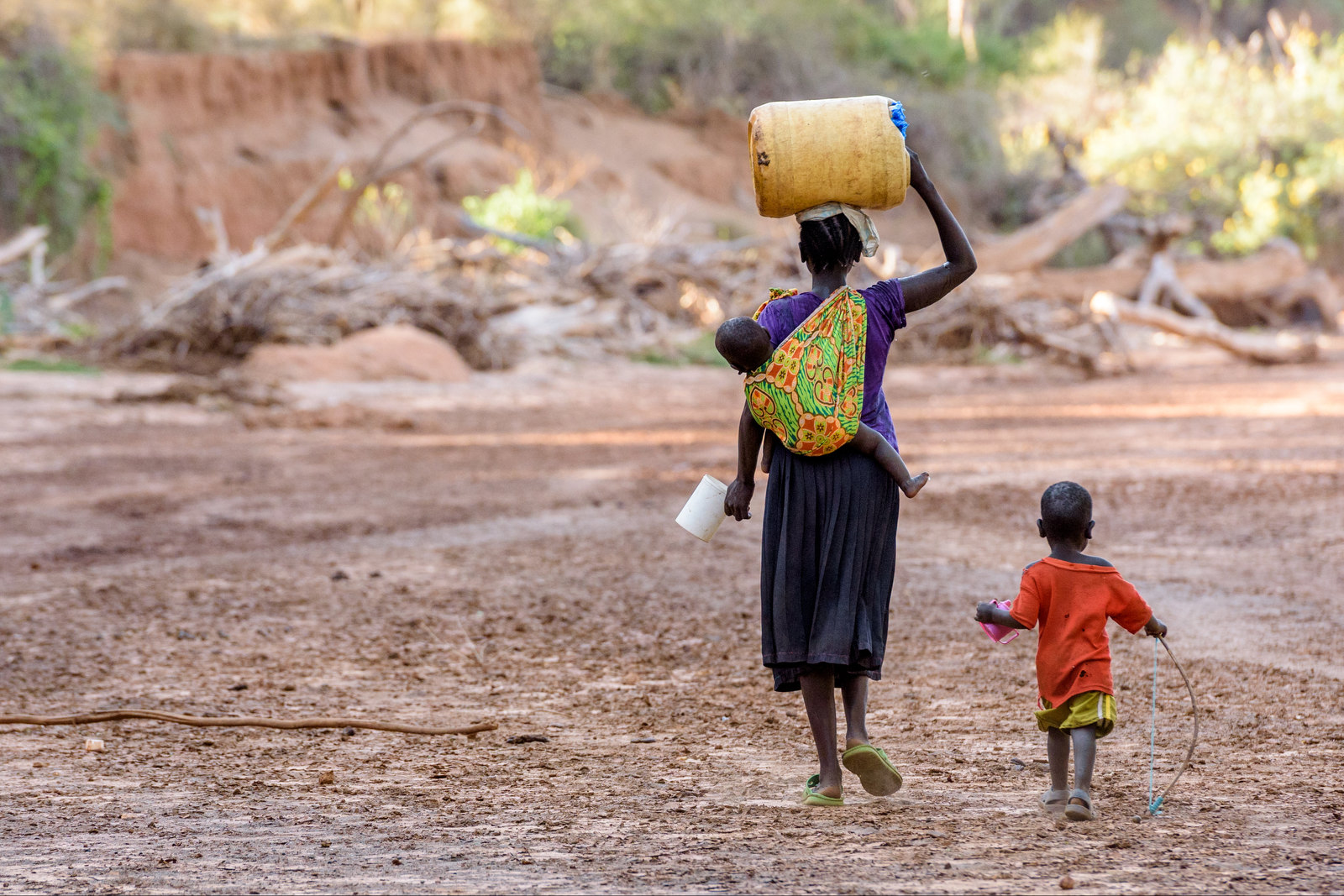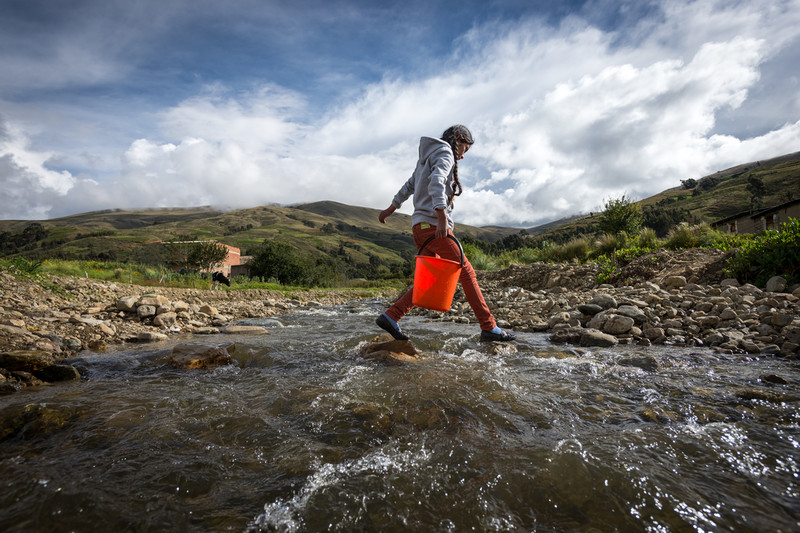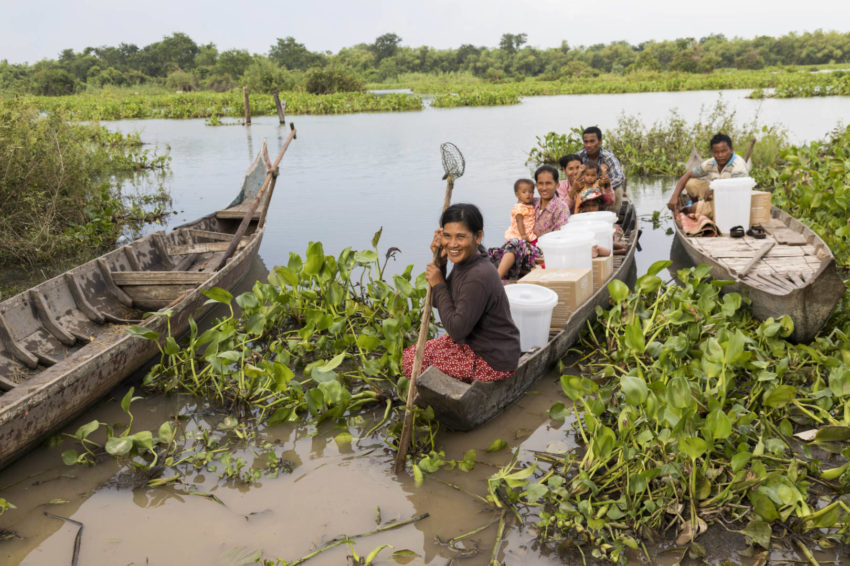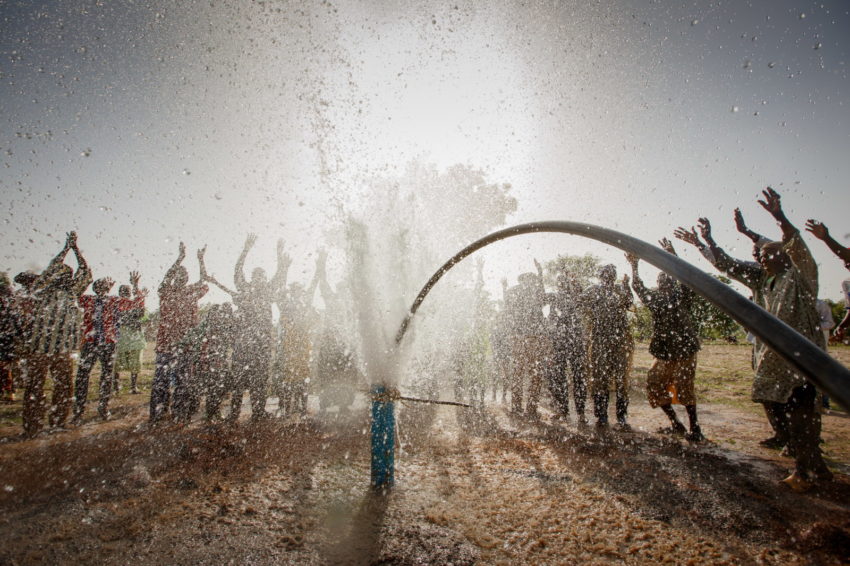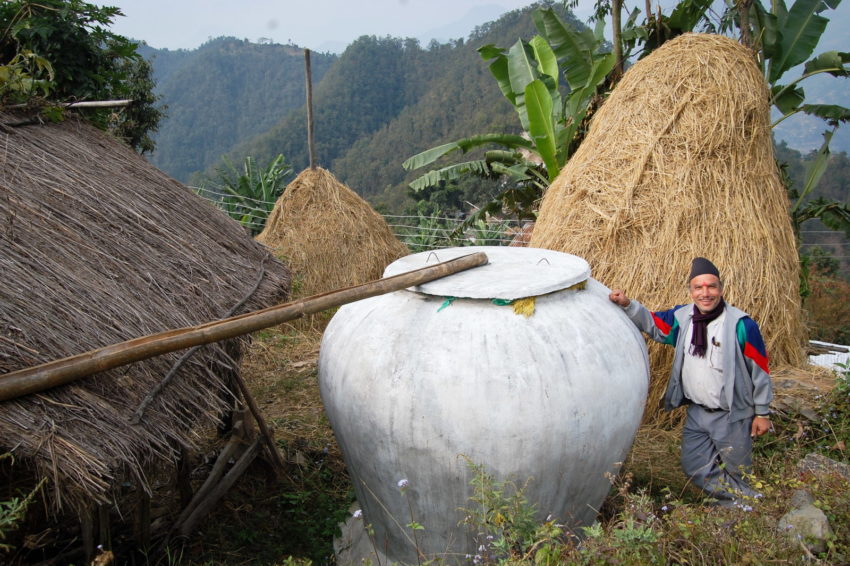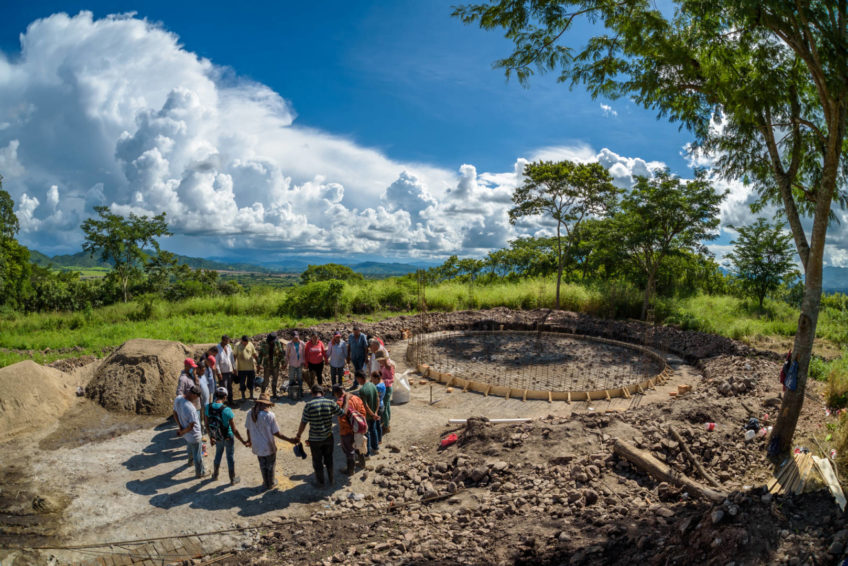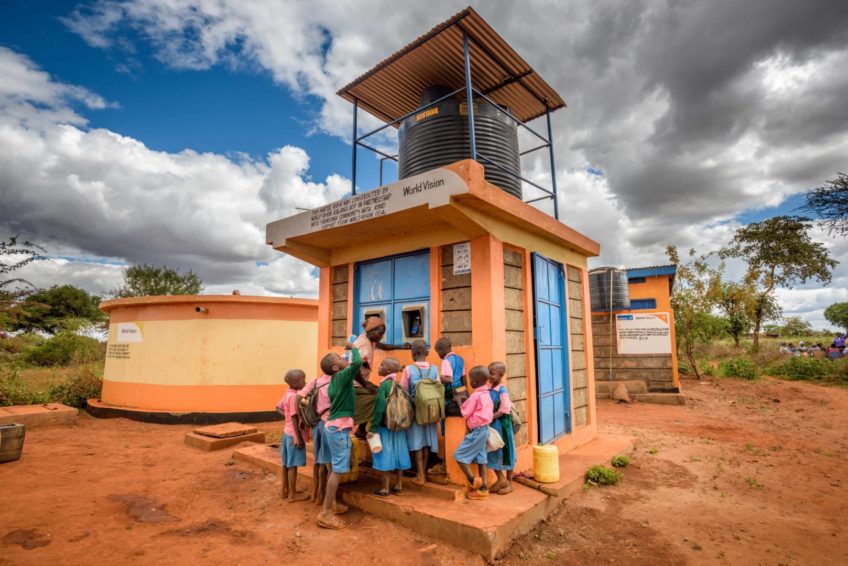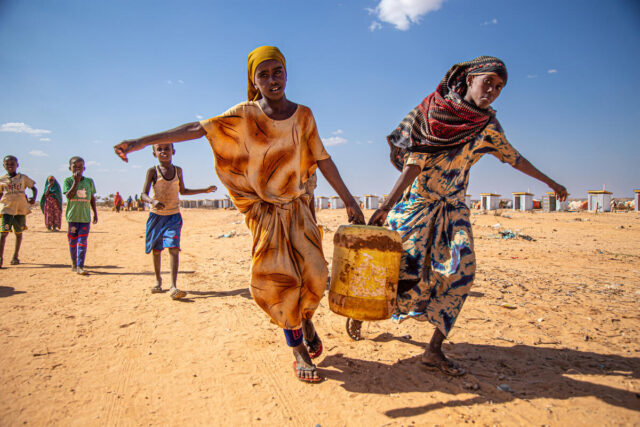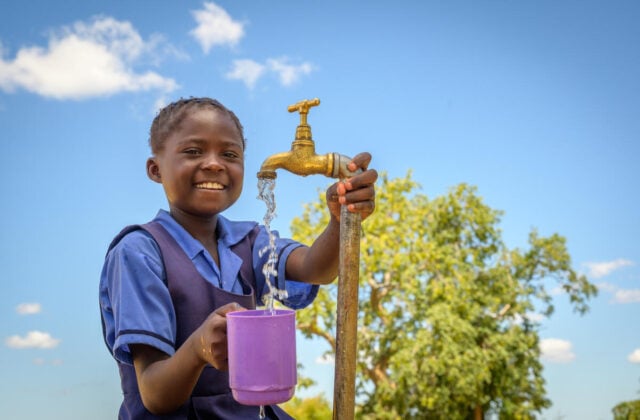Every day, women and girls spend 250 million hours walking to collect water for their families. That’s 10.4 million days. More than 28,530 years. It’s hard to get your head around numbers that large, so start instead with 6K.
The “K” stands for kilometer. 6K, a little more than 3.7 miles, is the average distance round trip women and children in the developing world walk for water — water that is often contaminated with life-threatening diseases.
How far is 6K?
- 15 laps around a football field
- Twice the length of the National Mall in Washington, D.C. — from the Lincoln Memorial to the steps of the U.S. Capitol and back again
- Five times the number of steps to climb the Empire State Building
You could do that, right? (Well, maybe not the climbing part; that would be hard.)
You could probably walk 6K in an hour and 15 minutes. At a brisk walk, you could shave off the 15 minutes. On a flat, smooth sidewalk, most people can walk a mile in 17 to 20 minutes. If you’re a runner, you could cover the distance in half that time.
Easy peasy.
Walking for water in Africa
But that’s not how it’s done in sub-Saharan Africa. There, people don’t have access to an improved water source. Moms and daughters walk their 6K barefoot or in rubber sandals to collect water from polluted rivers and ponds. More than 3 million children and nearly 14 million women walk more than 30 minutes to collect water. And they often make that trip more than once a day!
Maybe they climb up steep hills or over rocks, slide down a steep gully, or circle around thorn trees. There may be snakes and bees or people who want to rob them — or worse — lying in wait along the way.
On the way home from the water source, it’s even harder.
You know what it’s like to carry a gallon of milk from the car to the kitchen counter? Try a gallon in each hand at 8.6 pounds each, and the total weight is less than half the 44 pounds an African woman carries on her head in a 20-liter jerrycan. You see, carrying water is not just difficult, it’s a lifelong pain in the neck or back that sometimes causes serious health problems.
But would that 20-liter jerrycan be enough water for your family to drink, cook, bathe, and wash for a day? No way. Fifteen liters a day is considered a bare minimum water supply for only one person. You might have to walk to the waterhole many times a day for more than that. Knowing that puts those 200 million hours in perspective, doesn’t it?
Want to learn more? Read what Melinda Gates of the Bill & Melinda Gates Foundation says about the “time poverty” experienced by women and girls in the developing world because of time-consuming tasks like carrying water and collecting firewood.
How you can help end the global water crisis
So now that you know more about the walk for water of people in sub-Saharan Africa and many other developing countries around the world, what can you do about it?
Walk or run World Vision’s Global 6K for Water on Saturday, May 17, 2025, so that one more person will enjoy life-changing clean water without having to walk 6K for it.
The Global 6K is great because you can do it anywhere! Walk or run the distance, by yourself or with your family, and be part of this global movement to change lives. Whether you join from the treadmill or your favorite trail, the neighborhood or the track … when you and thousands of others around the world walk, jog, or stroller-run your way to 6K, you’ll bring life-changing clean water to those who need it most. With World Vision’s Global 6K, you can join thousands virtually, walking or running from your own space to bring clean water to children in need. Now more than ever, clean water is essential to protect vulnerable children and families.
Sign up here! Your $50 registration benefits World Vision’s water initiatives. You’ll receive a World Vision Global 6K for Water T-shirt, race bib with the face of a child you’re running for, and medal in the mail.
